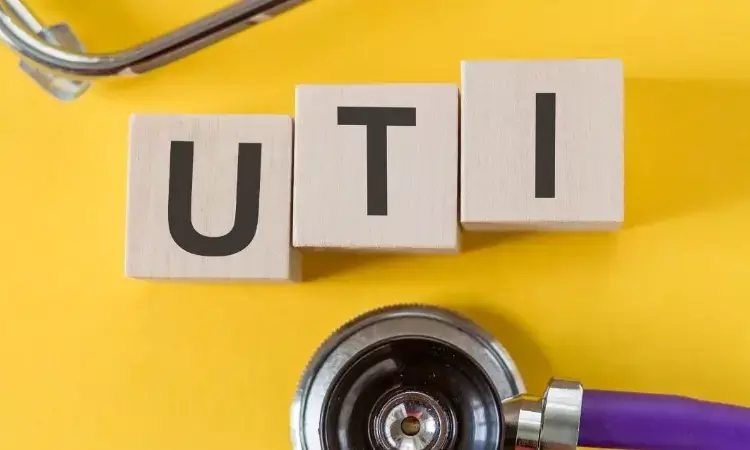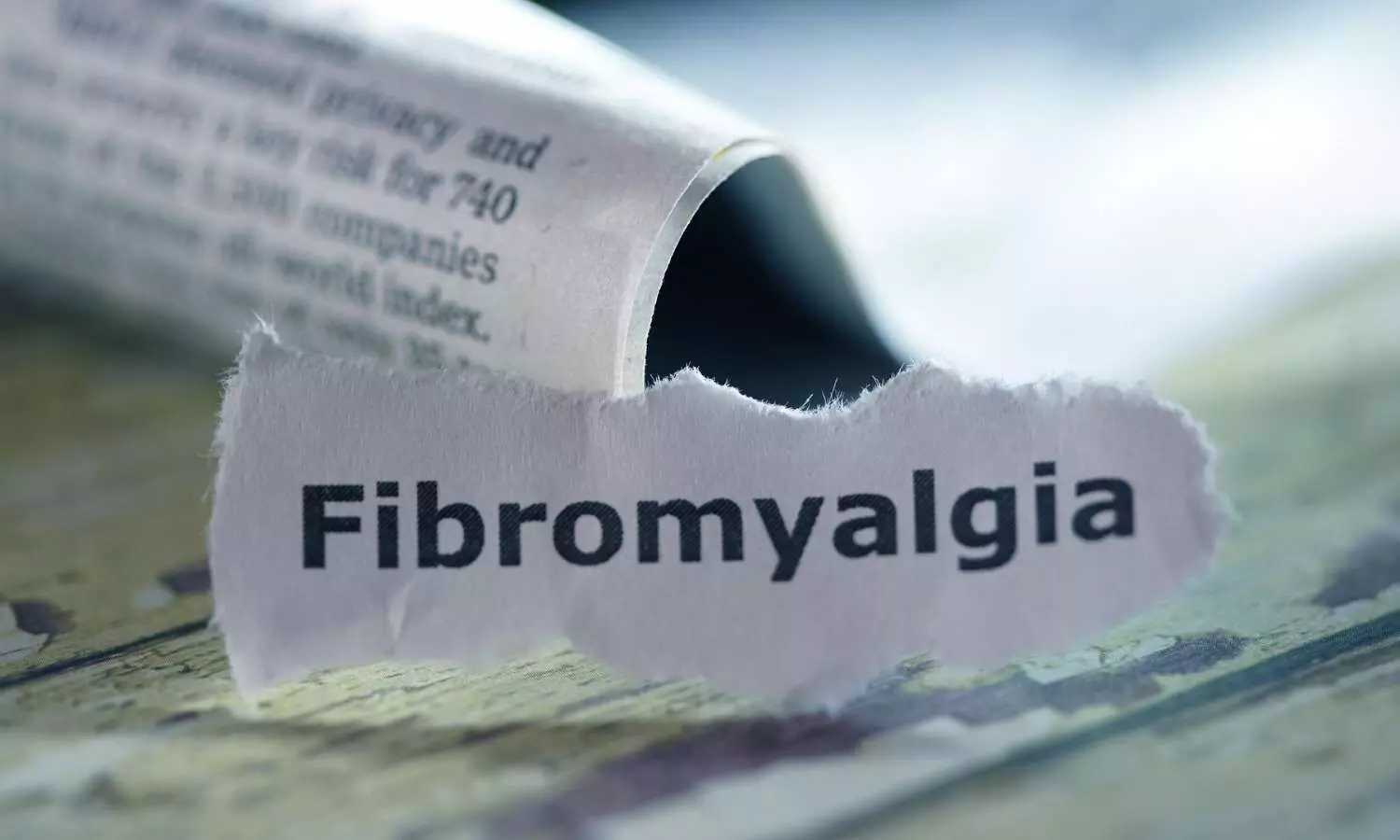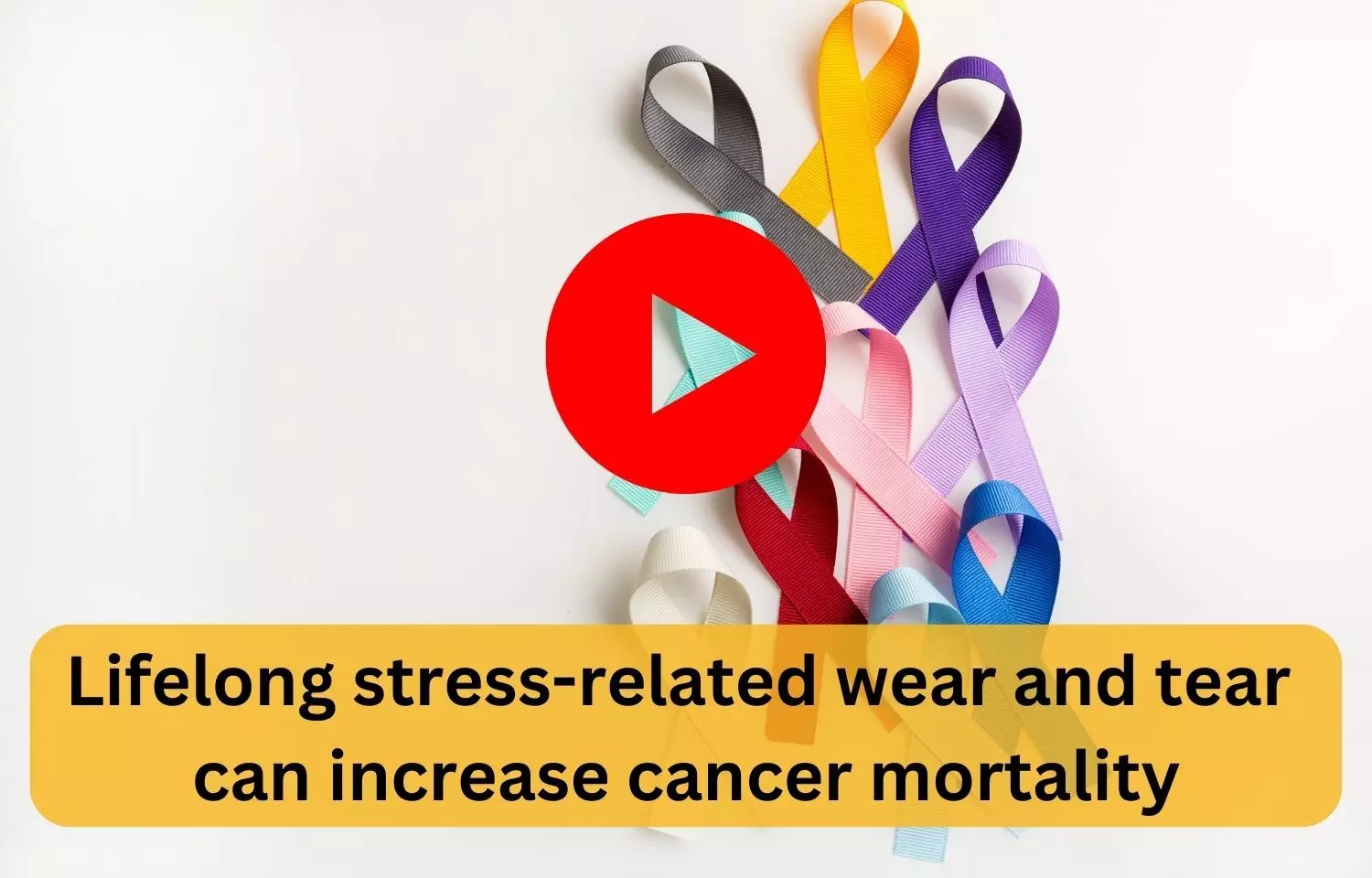- Home
- Medical news & Guidelines
- Anesthesiology
- Cardiology and CTVS
- Critical Care
- Dentistry
- Dermatology
- Diabetes and Endocrinology
- ENT
- Gastroenterology
- Medicine
- Nephrology
- Neurology
- Obstretics-Gynaecology
- Oncology
- Ophthalmology
- Orthopaedics
- Pediatrics-Neonatology
- Psychiatry
- Pulmonology
- Radiology
- Surgery
- Urology
- Laboratory Medicine
- Diet
- Nursing
- Paramedical
- Physiotherapy
- Health news
- Fact Check
- Bone Health Fact Check
- Brain Health Fact Check
- Cancer Related Fact Check
- Child Care Fact Check
- Dental and oral health fact check
- Diabetes and metabolic health fact check
- Diet and Nutrition Fact Check
- Eye and ENT Care Fact Check
- Fitness fact check
- Gut health fact check
- Heart health fact check
- Kidney health fact check
- Medical education fact check
- Men's health fact check
- Respiratory fact check
- Skin and hair care fact check
- Vaccine and Immunization fact check
- Women's health fact check
- AYUSH
- State News
- Andaman and Nicobar Islands
- Andhra Pradesh
- Arunachal Pradesh
- Assam
- Bihar
- Chandigarh
- Chattisgarh
- Dadra and Nagar Haveli
- Daman and Diu
- Delhi
- Goa
- Gujarat
- Haryana
- Himachal Pradesh
- Jammu & Kashmir
- Jharkhand
- Karnataka
- Kerala
- Ladakh
- Lakshadweep
- Madhya Pradesh
- Maharashtra
- Manipur
- Meghalaya
- Mizoram
- Nagaland
- Odisha
- Puducherry
- Punjab
- Rajasthan
- Sikkim
- Tamil Nadu
- Telangana
- Tripura
- Uttar Pradesh
- Uttrakhand
- West Bengal
- Medical Education
- Industry
Among males, two weeks antibiotics course good enough for febrile UTIs with normal PSA

New research found that prostate involvement was not evidently seen in nearly one-fifth of men who had febrile urinary tract infections. The study was published in the European Journal of Internal Medicine.
Subclinical prostatic involvement is the frequently seen complication in Febrile urinary tract infections (fUTI) in men as measured by a transient increase in serum prostate-specific-antigen (sPSA). The duration of therapy for febrile urinary tract infections in men had not been well established. As literature shows that Serum PSA could guide the duration of therapy based on prostatic involvement, Researchers conducted a study to evaluate recurrence rates in a 6-month follow-up period of 2-week versus 4-week antibiotic treatment in men with fUTI, based on prostatic involvement. An assessment of Clinical and microbiological cure rates at the end of therapy (EoT) was also done.
An Open-label, not-controlled, prospective study was done on consecutive men diagnosed with fUTI. Based on the sPSA level, the duration of therapy was 2 weeks for patients with an sPSA level <5mg/L called short duration therapy, (SDT), or 4 weeks for PSA >5 mg/L called long duration therapy, (LDT).
Results
- Ninety-one patients were included of which 19 (20%) received SDT.
- The median age was 56.9 years (range 23-88). Similar demographic, clinical characteristics and laboratory findings were seen in both groups.
- 9.8% of patients presented with bacteremia (Escherichia coli was isolated in 91%).
- Median PSA levels were 2.3 mg/L in the SDT group vs 23.4 mg/L in the LDT group.
- 26% of patients had achieved complete follow-up, in the 6-month visit.
- Nonsignificant differences between groups were found neither in recurrence rates after 6 months nor in clinical or microbiological cure rates at EoT.
| EoT follow up | SDT | LDT |
| Recurrence rates | 9% | 10% |
| Clinical cure rates | 100% | 95% |
| Microbiological cure rates | 95% | 93% |
Due to the lack of evident prostatic involvement after febrile UTI in men, a 2-week regimen was found to be adequate in terms of clinical, microbiological cure, and recurrence rates for those patients without PSA elevation.
Further reading: Monzón H, Gisbert L, Salvadó M, et al. Short versus long course therapy in the treatment of febrile urinary tract infections in men based on serum PSA values [published online ahead of print, 2022 Oct 21]. Eur J Intern Med. 2022;S0953-6205(22)00346-6. doi: 10.1016/j.ejim.2022.09.024
BDS, MDS
Dr.Niharika Harsha B (BDS,MDS) completed her BDS from Govt Dental College, Hyderabad and MDS from Dr.NTR University of health sciences(Now Kaloji Rao University). She has 4 years of private dental practice and worked for 2 years as Consultant Oral Radiologist at a Dental Imaging Centre in Hyderabad. She worked as Research Assistant and scientific writer in the development of Oral Anti cancer screening device with her seniors. She has a deep intriguing wish in writing highly engaging, captivating and informative medical content for a wider audience. She can be contacted at editorial@medicaldialogues.in.
Dr Kamal Kant Kohli-MBBS, DTCD- a chest specialist with more than 30 years of practice and a flair for writing clinical articles, Dr Kamal Kant Kohli joined Medical Dialogues as a Chief Editor of Medical News. Besides writing articles, as an editor, he proofreads and verifies all the medical content published on Medical Dialogues including those coming from journals, studies,medical conferences,guidelines etc. Email: drkohli@medicaldialogues.in. Contact no. 011-43720751




